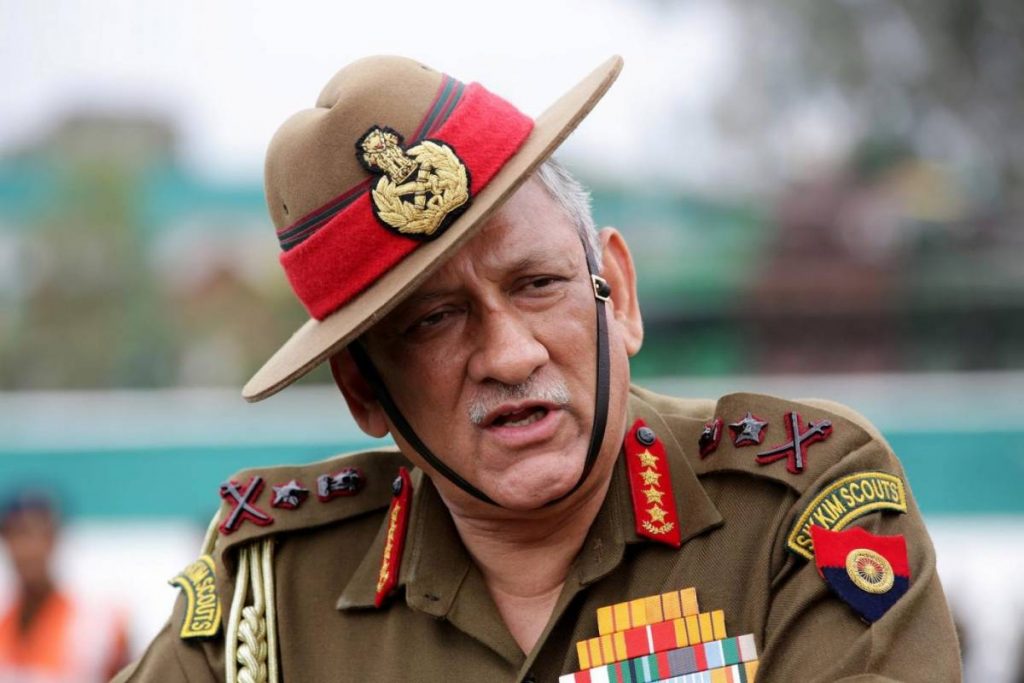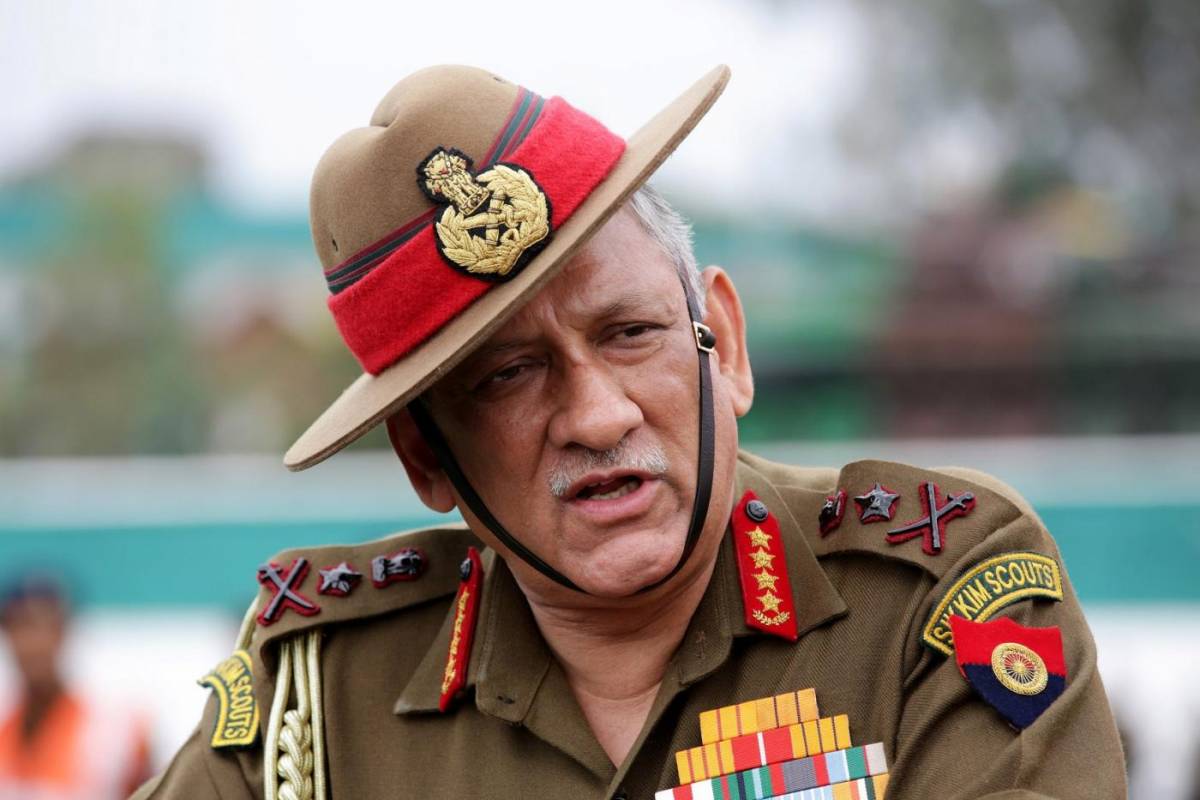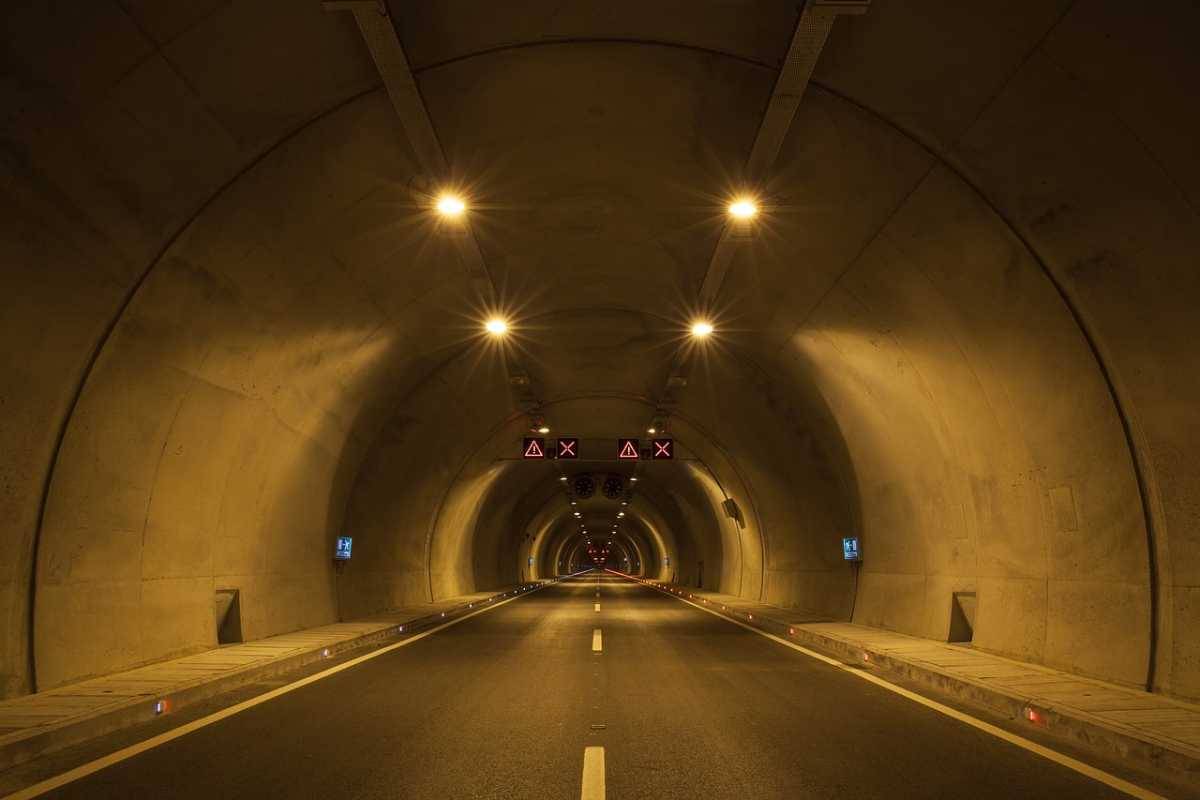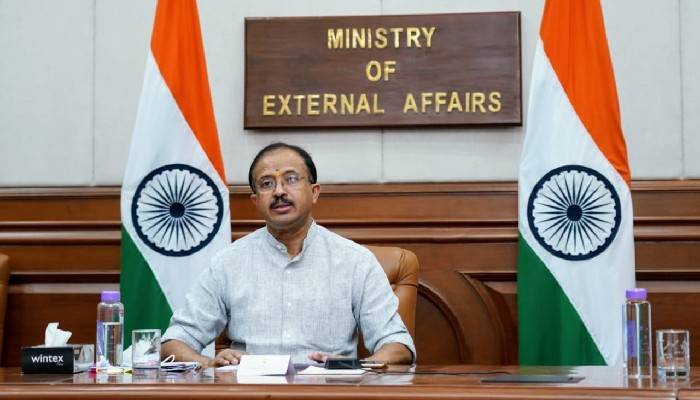Speaking at a webinar organised by a defence think-tank on Friday, Rawat had termed the Air Force as a supporting arm, while Bhadauria later said: “it is not”…reports Asian Lite News.
Indian Air Force (IAF) chief, Air Chief Marshal R.K.S. Bhadauria, has expressed his reservation over terming the air force as a supporting arm in the proposed theatre command system, which is intended to bring better synergy between the three branches of the armed forces.
Even IAF veterans have come out in support of Bhadauria, terming Chief of Defence Staff General Bipin Rawat talk about the IAF’s air defence charter as well as its role as a supporting arm to the ground forces as ‘controversial’.
Speaking at a webinar organised by a defence think-tank on Friday, Rawat had termed the Air Force as a supporting arm, while Bhadauria later said: “it is not”.
Rawat had said that the air force is required to provide support to the ground forces. “Do not forget, the air force continues to remain a supporting arm to the armed forces just as the artillery or engineers support the combatant arms in the army,” the CDS had said.
They have an adequate charter of supporting the ground forces in times of war, he had said.
The CDS said that the air force has got another charter and that is to provide close air support to land forces when they undertake operations and for offensive air operations in case one goes into the adversary’s territory.
“The same is for the navy, they too require air support,” the Chief of Defence Staff had said.
The theatres with the northern and western adversary (China and Pakistan) will be land-based theatres, Rawat had said.

Later in the same webinar, the IAF chief said that his service was not of a supporting role.
“It is not for a supporting role alone. Airpower has a huge role to play in any of the integrated battle areas and it is not an issue of support alone. And, there are a whole lot of things in any air plan. Those are the issues that are under discussion,” Bhadauria said.
He also said that the formation of the theatre command is much more complex.
“The air force is for the formation of theatre commands. But the issue we have raised is about how we should do it. It is the most important reform that has an impact on war fighting,” the officer said.
He clarified that every service has its own doctrine, and one needs to have the best knowledge of how to employ the capabilities and capacities to get the best results.
Theaterisation is one of the charters of the Chief of Defence Staff’s plans to integrate the forces into five theatre commands — air defence, maritime theatre, eastern theatre, western theatre and the northern theatre command.
ALSO READ-IAF chief begins Bangladesh visit
READ MORE-IAF Chief, B’desh military brass discuss boosting defence ties









